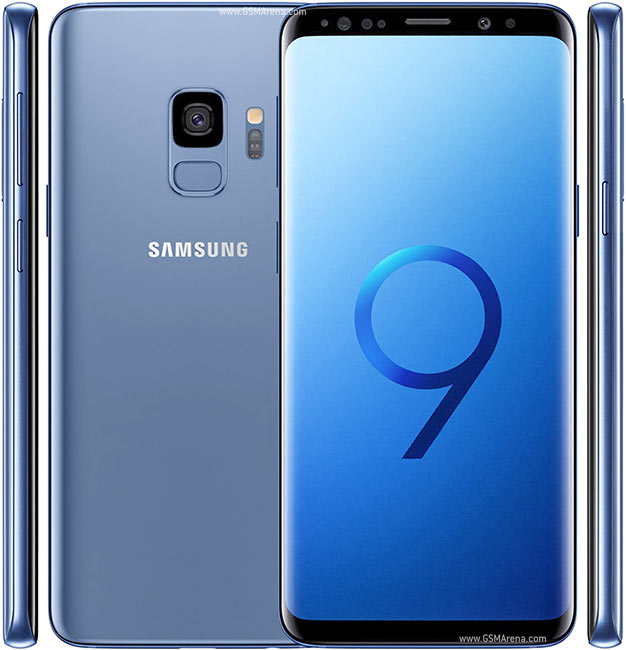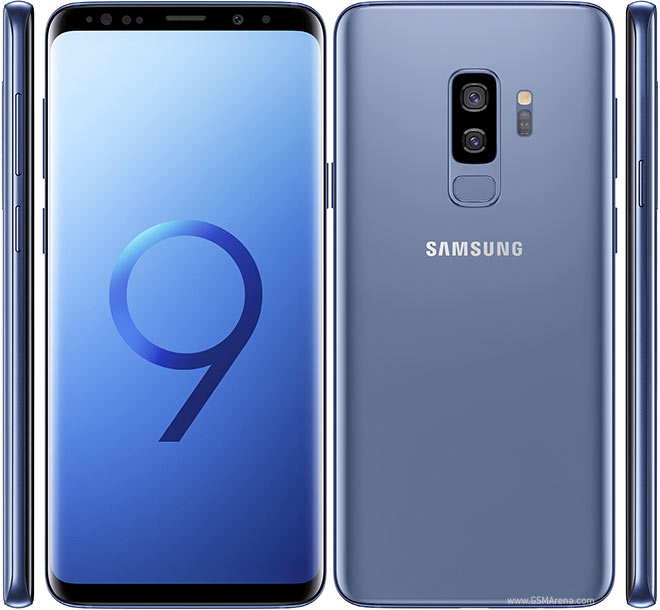
Around this time of year, we start to look forward to the next big Android update. Normally, there is tons of speculation over what type of dessert the update will be called. But this year it appears as if a name has already been coined by Google.
Google is already referring to the update as Android Pi internally. Whether or not this sticks for when it is officially launched remains to be seen, as there are plenty of dessert-based options at its disposal – parfait, pumpkin, pistachio, peanut, pecan.
The name Android Pi was discovered in some recent notes found inside Google documents. The name Android Pi, at least for now, is what the next update will be called. Though it could well change, as we have seen in the past – Key Lime Pie turned out to be KitKat in the end.
Personally, I believe Google will change the name at launch. Something like Pop Tart makes sense. Or maybe Pecan or Peanut, if Google decides to go the healthier route. Both have more of a ring to it than Android Pi. Plus, it’d get rid of any confusion with the microPC brand, Raspberry Pi.
Android 9 Features
What can we expect from Android Pi (AKA Android 9)? Quite a bit as it goes. Expect to see it installed on plenty more Android phones than Oreo, thanks to the momentum of Google’s Project Treble.
There is also said to be more customisation options, improved widgets, full picture-in-picture support for every app, more feature parity, a renewed focus on tablets, and, if that wasn’t enough, the Pixel Launcher will be made available to all Android phones.
Android Pi will get a release during August 2018, with a launch happening at Google I/O 2018 a month or two before.
Google will also introduce the following changes to Google Play during 2018/19:
- In the second half of 2018, Play will require that new apps and app updates target a recent Android API level. This will be required for new apps in August 2018, and for updates to existing apps in November 2018. This is to ensure apps are built on the latest APIs optimized for security and performance.
- In August 2019, Play will require that new apps and app updates with native libraries provide 64-bit versions in addition to their 32-bit versions.
- Additionally, in early 2018, Play will start adding a small amount of security metadata on top of each APK to further verify app authenticity. You do not need to take any action for this change.
We’ll bring you more news as soon as we get it.















